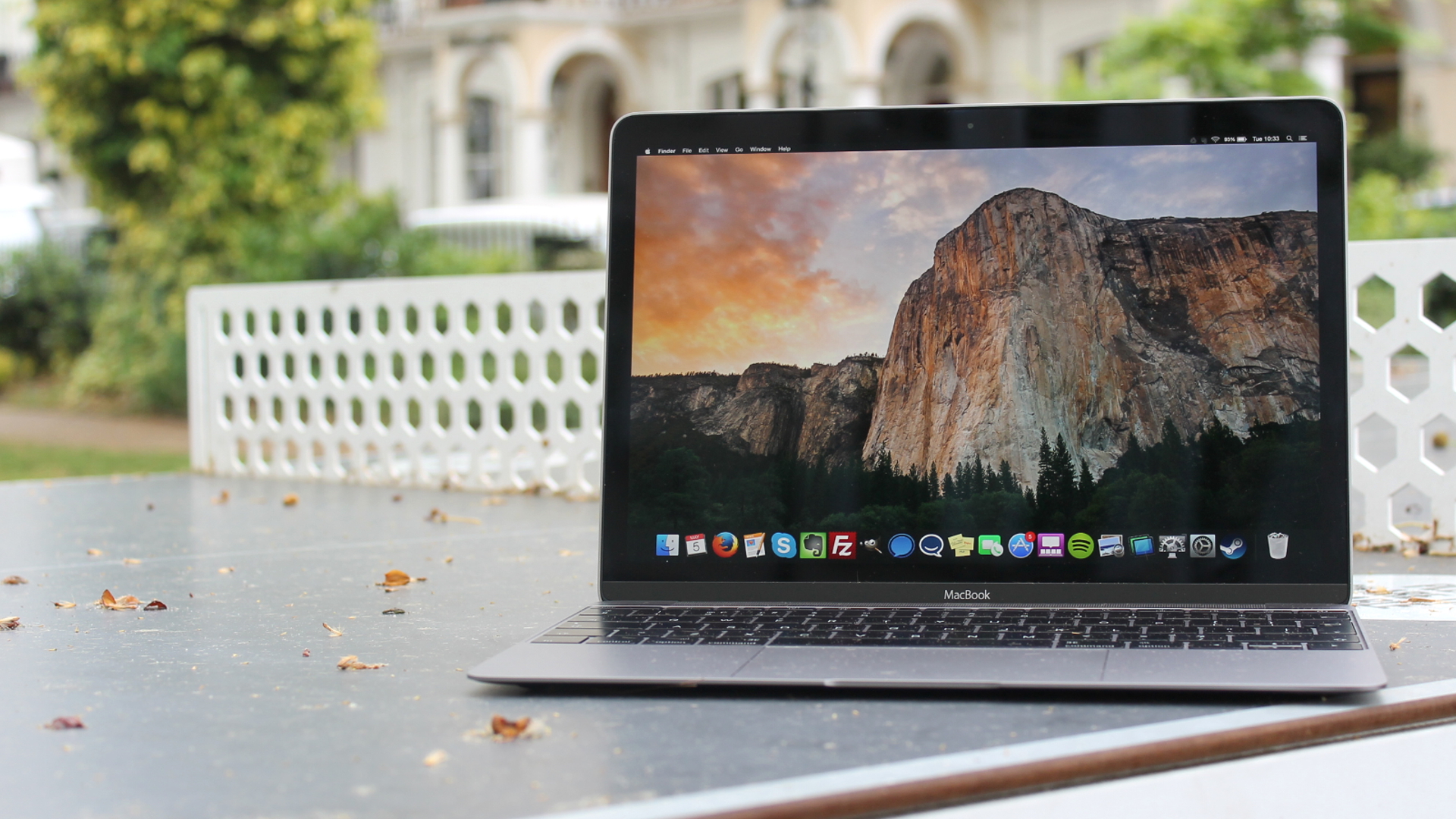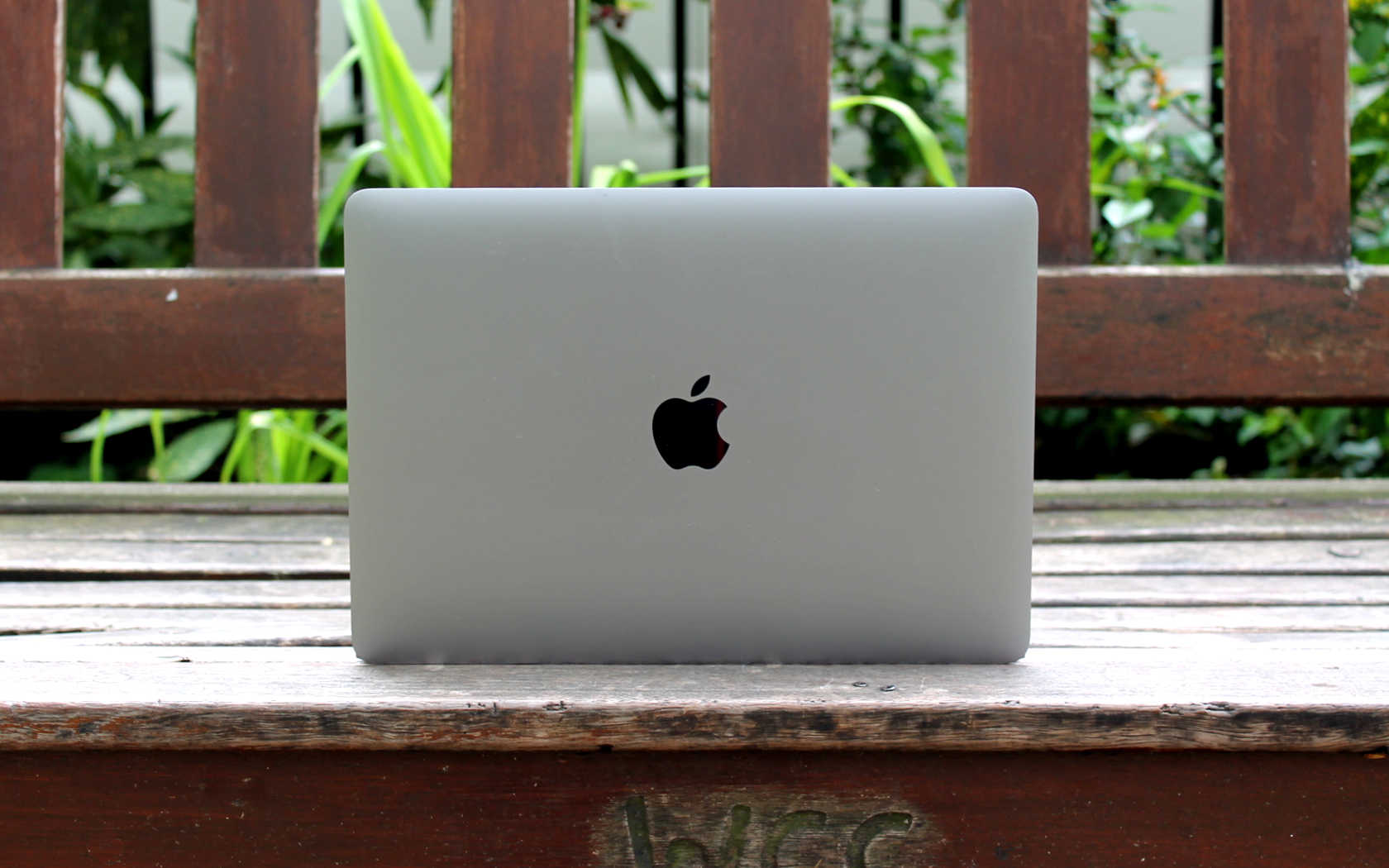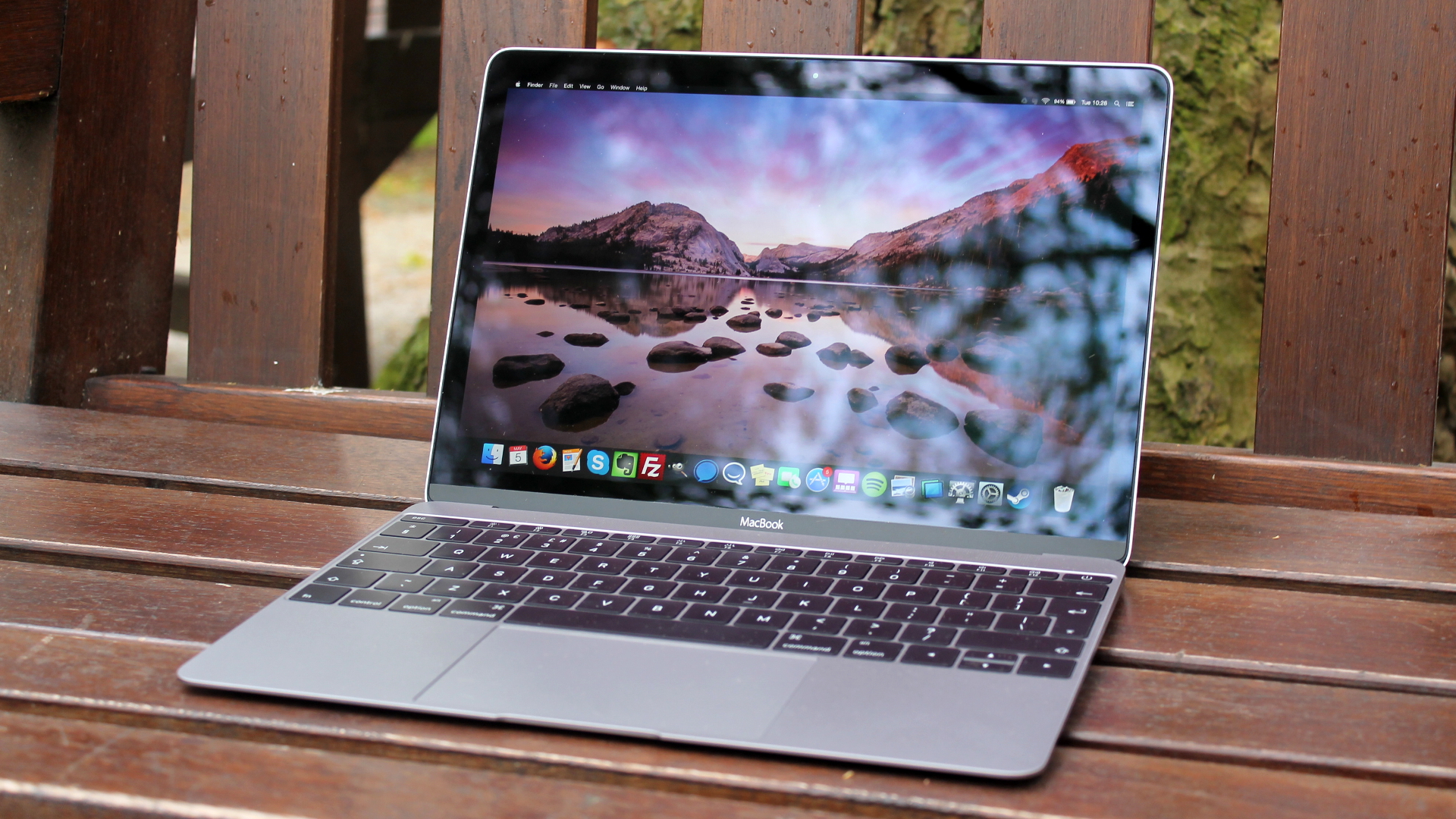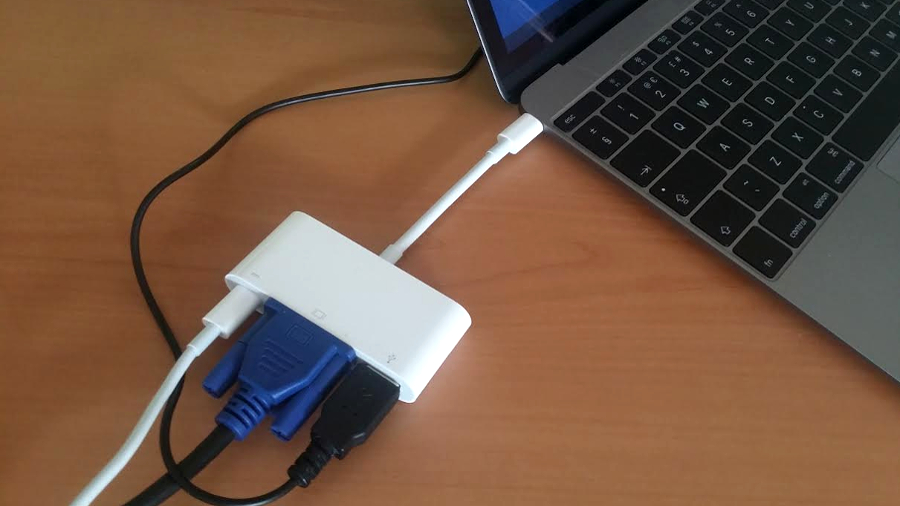Why Apple was right not to refresh the 12-inch MacBook
Who would've bought one anyway?

Sign up for breaking news, reviews, opinion, top tech deals, and more.
You are now subscribed
Your newsletter sign-up was successful
As the curtain closed on Apple's iPhone SE (or is that iPad Pro 9.7?) event, I felt a pang of indifference at the lack of an updated 12-inch MacBook. I won't have been the only one.
In fact, except for a new iPod, I can't think of an Apple product refresh that would draw such a collective shrug from the cash-splashing masses.
It sounds like I'm bashing the 12-inch MacBook, but I'm not. It's a great little machine that serves its purpose well, and I would argue that it's now a more practical option than when it launched one year ago.
The truth is, everyone is waiting for updated MacBook Air and Pro models. The Air's outdated display is in desperate need of turning Retina, and the Pro's lack of a Skylake processor renders its name more ironic by the day.
Switching off
If you own a MacBook Air or a MacBook Pro, you're probably not interested in switching to the 12-inch MacBook, updated or not.
That's understandable: it's powered by an Intel Core M processor that in many cases will be weaker than the one in your current machine. Its keyboard travel is controversially shallow and the inconveniences of its single USB Type-C port are well documented.
Unless you're bored with what you currently have or seek something more portable, a switch to the 12-inch MacBook represents an unnecessary leap of faith.
Sign up for breaking news, reviews, opinion, top tech deals, and more.

So, what about existing 12-inch MacBook owners? I couldn't see them upgrading either, not least because Apple's svelte laptop still serves its intended purpose so well.
Despite not being the snappiest performer on the desktop, it's more than up to the task of surfing the web, editing video, staging online meetings and carrying out an assortment of other computing activities.

An upgrade to Intel's Core m3, m5 and m7 Skylake processors might help improve battery life, but it wouldn't turn the MacBook into a powerhouse overnight. It would make it better at carrying out certain tasks, but not to the point where you would rush out and buy one.
Thin tizzy
The 12-inch MacBook's size zero dimensions leave little or no fat to trim, so it's unlikely that a successor would be thinner. Upgrading its display to a higher resolution would offer little benefit versus the resulting drain in battery life, and it would be tricky to justify a keyboard with deeper travel if it meant adding chunk to its chassis.
So what's left? A second USB Type-C port? Undoubtedly useful. A microSD card slot? Handy, but not essential thanks to adapters. A better webcam? To be fair, the first gen's couldn't get any worse.

While welcome, such additions would be unlikely to trigger an exodus of MacBook owners looking to upgrade to a slightly more practical model. There's a chance that first-time MacBook buyers would've taken the plunge, at the very least. For Apple, that's simply not enough.
Without an audience, it makes sense for Apple to place the arrival of a refreshed 12-inch MacBook on hold. It will at least allow the company to debut a new machine alongside updated MacBook Air and Pro models in the summer, giving people the chance to compare and contrast while weighing up a purchase.
- On a budget? These are the best Chromebooks around
